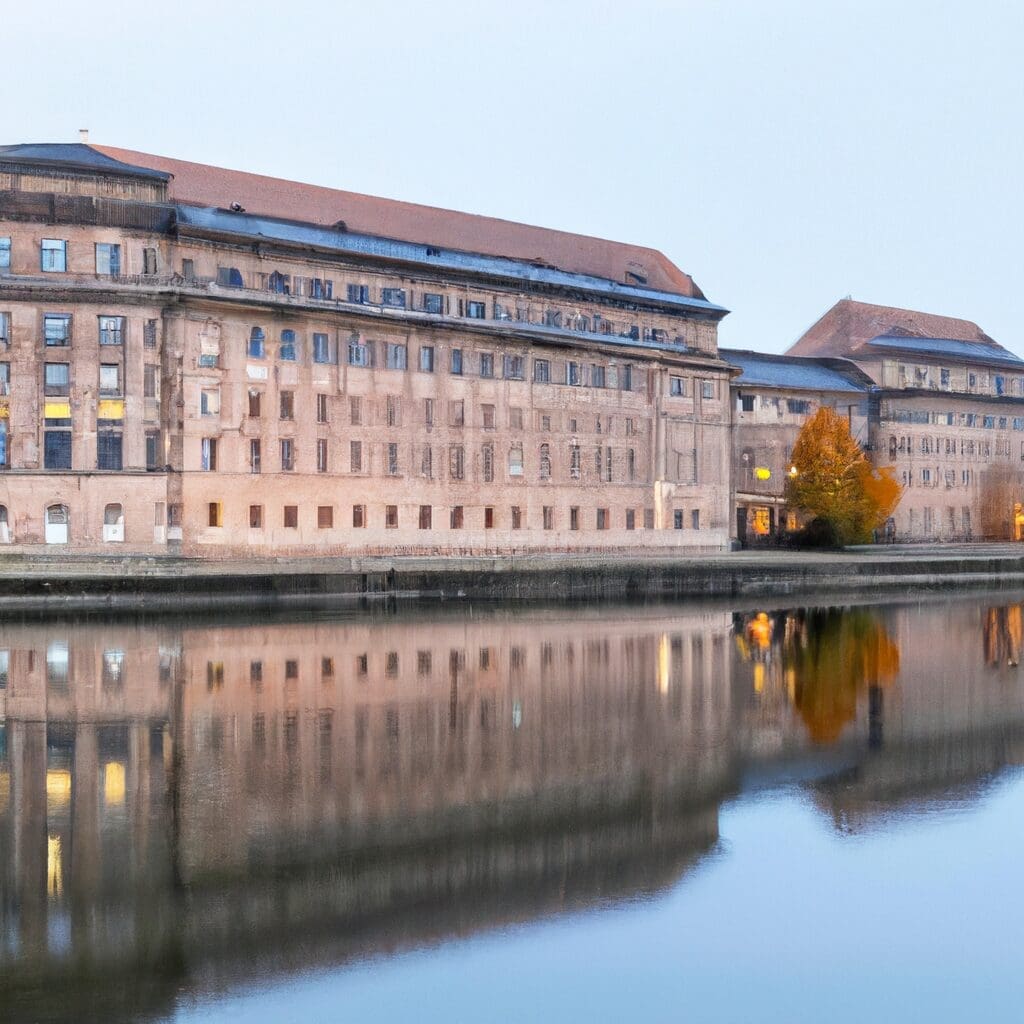The European Commission has sanctioned a significant €5 billion in state aid to support the construction of a new microchip manufacturing facility in Dresden, Germany. This ambitious project, with a total investment projected at €10 billion, is set to become a pivotal open foundry focused on the production of automotive and industrial microchips.
This initiative is vital for Europe’s technological sovereignty, aiming to bolster the continent’s capacity to respond to future chip shortages. The semiconductor industry has become increasingly critical, especially in light of recent global supply chain disruptions that have impacted various sectors, from automotive to consumer electronics.
The facility is expected not only to create thousands of jobs but also to position Europe more competitively in the global semiconductor landscape. The European Commission has emphasized that this state aid aligns with the EU’s strategic objectives, particularly in enhancing innovation and sustainable growth.
Moreover, this investment represents a critical shift toward localized semiconductor manufacturing, a sector currently dominated by a handful of global players. By nurturing homegrown production capabilities, Europe aims to reduce its dependency on external suppliers, fostering resilience within the supply chain.
Businesses and manufacturers across the region are likely to benefit substantially from this investment, as access to local chip production can streamline operations and potentially reduce costs. This move signifies a proactive approach to ensuring that Europe remains at the forefront of technological advancements in an increasingly competitive global market.
